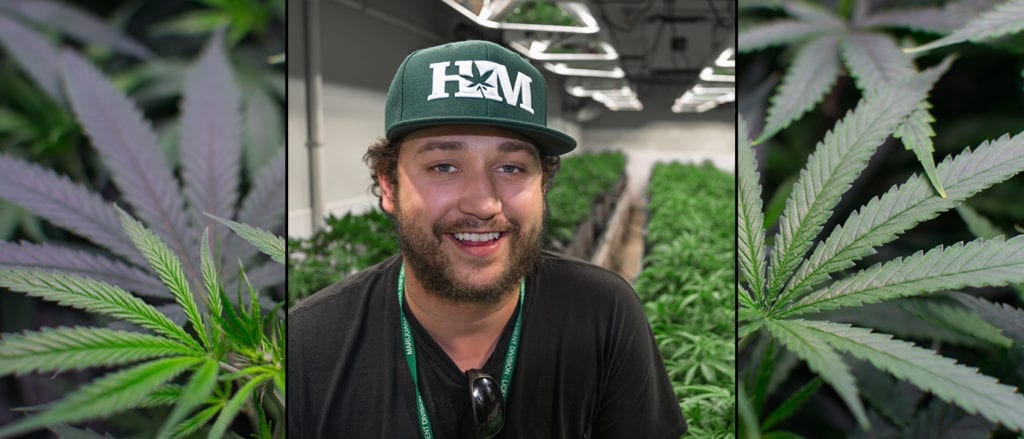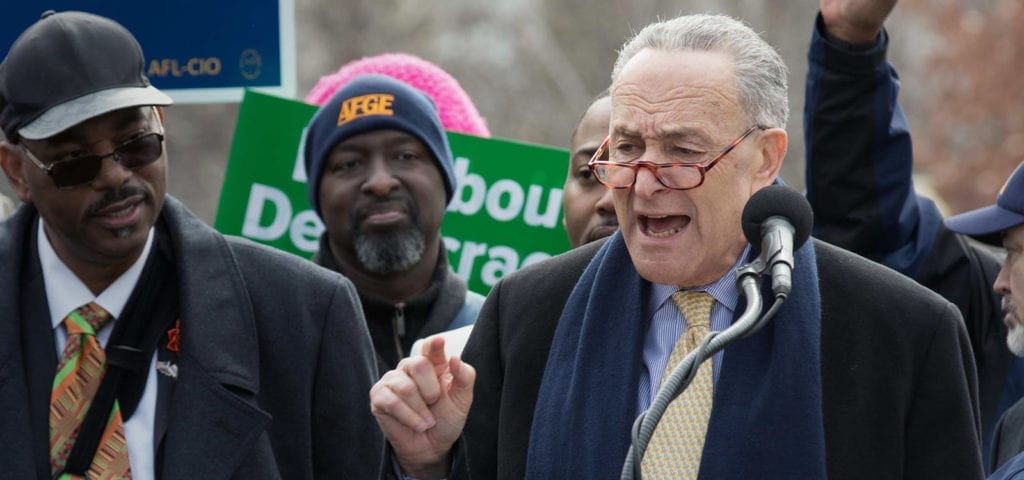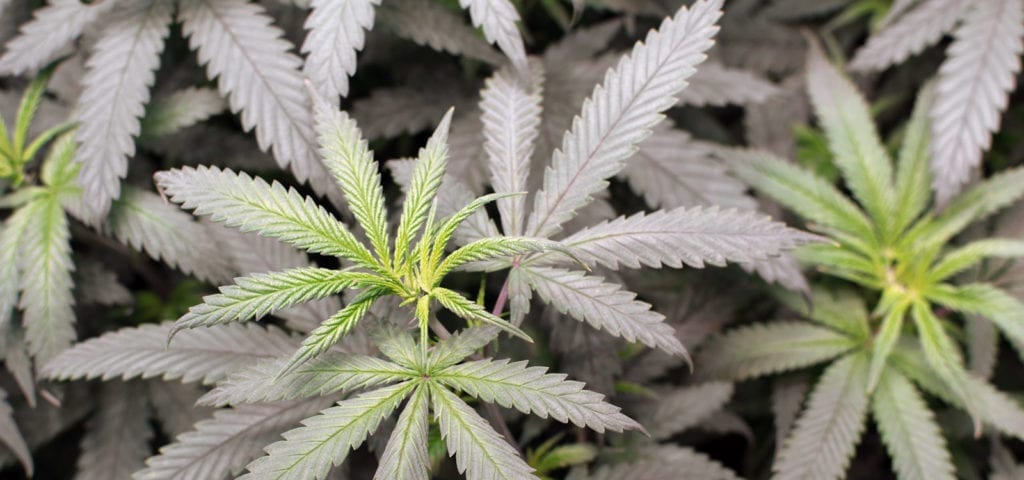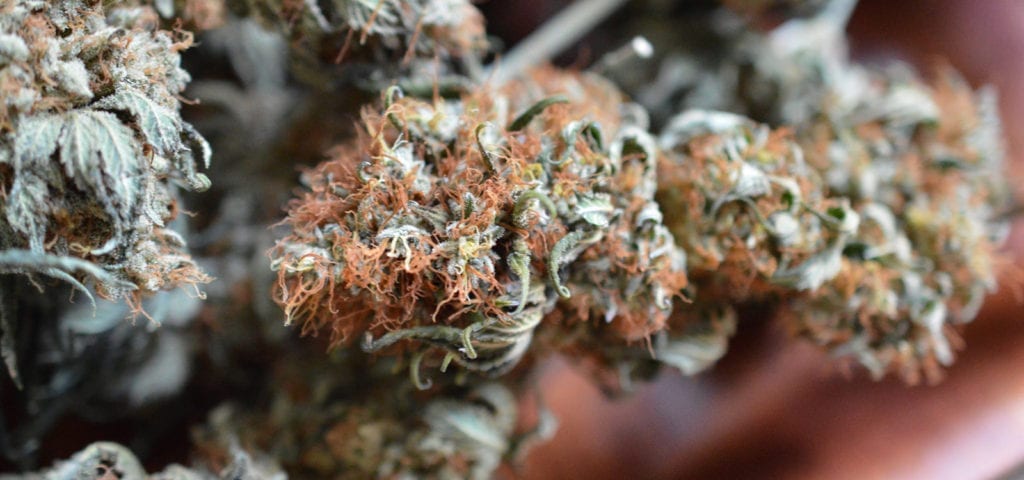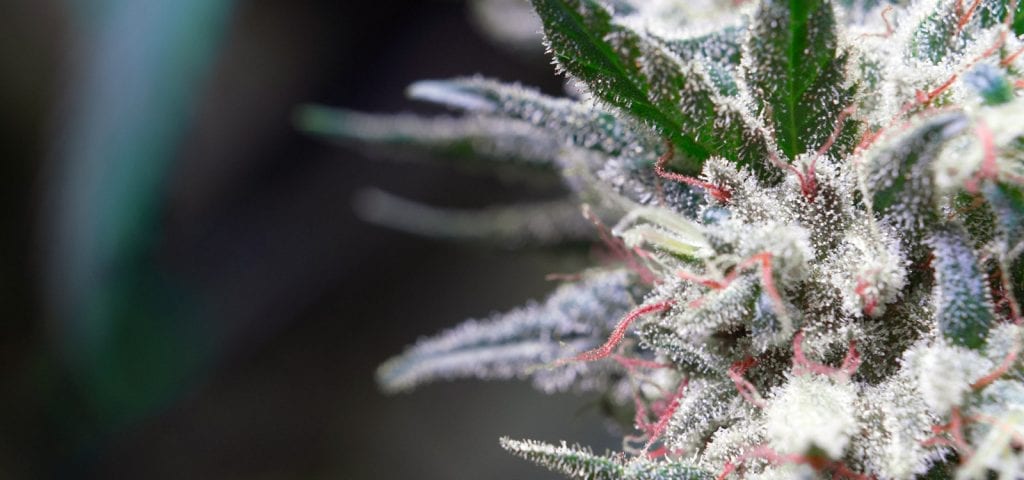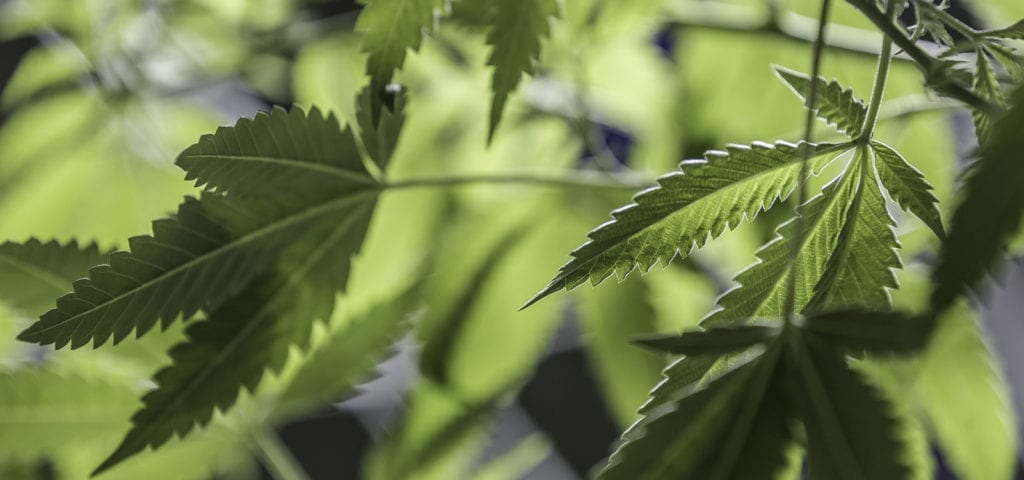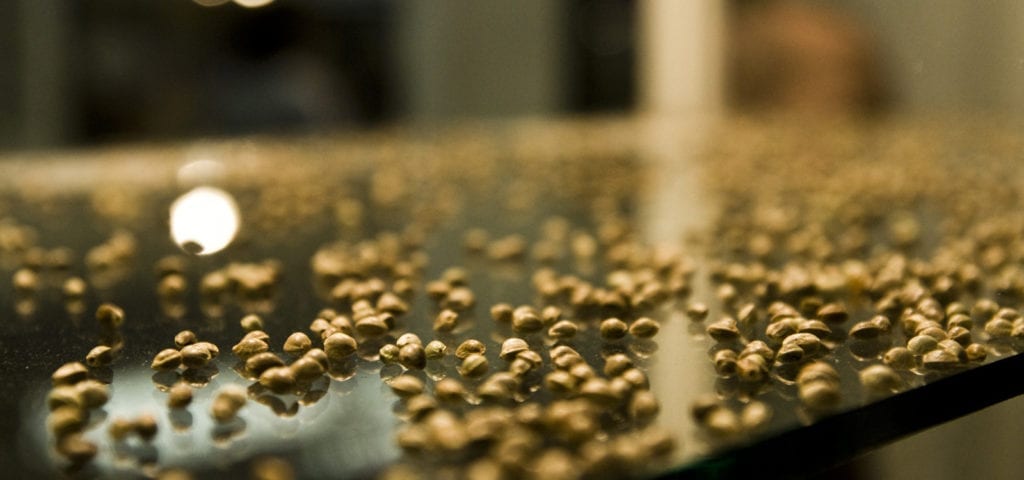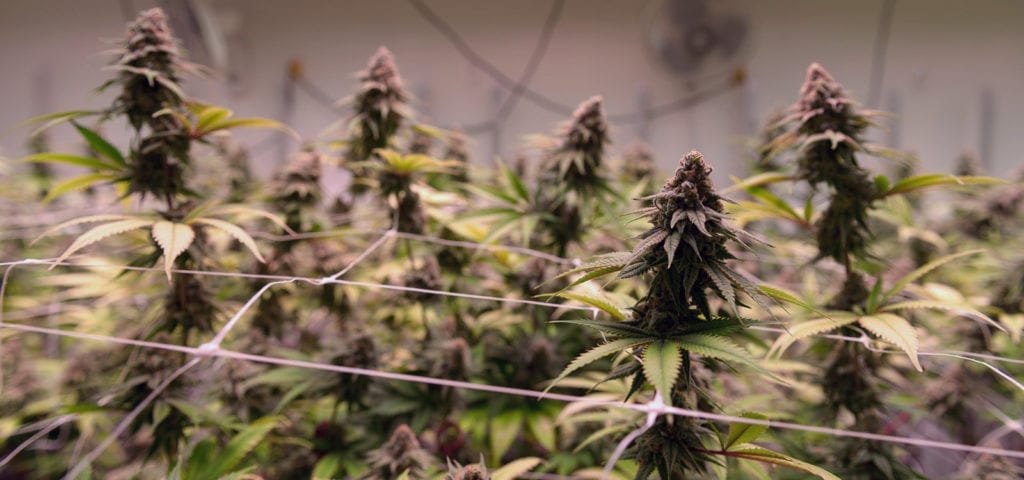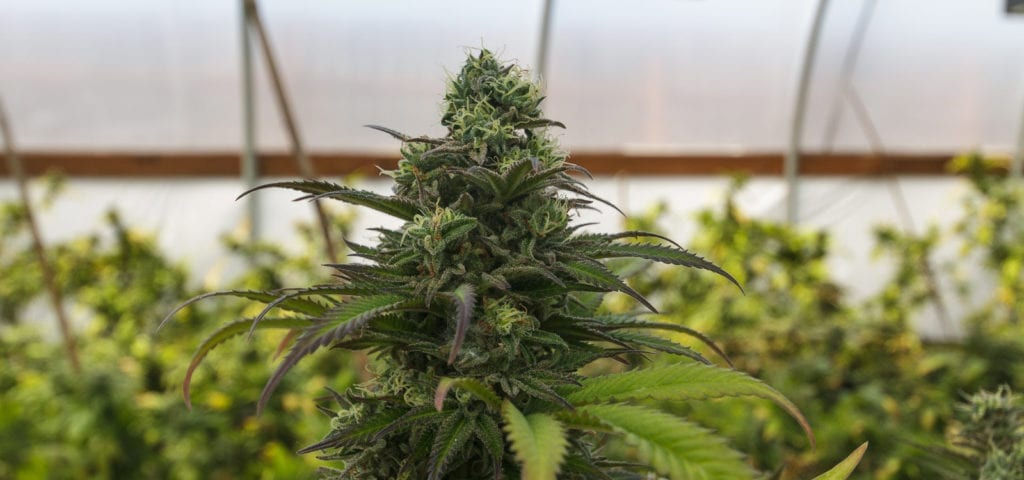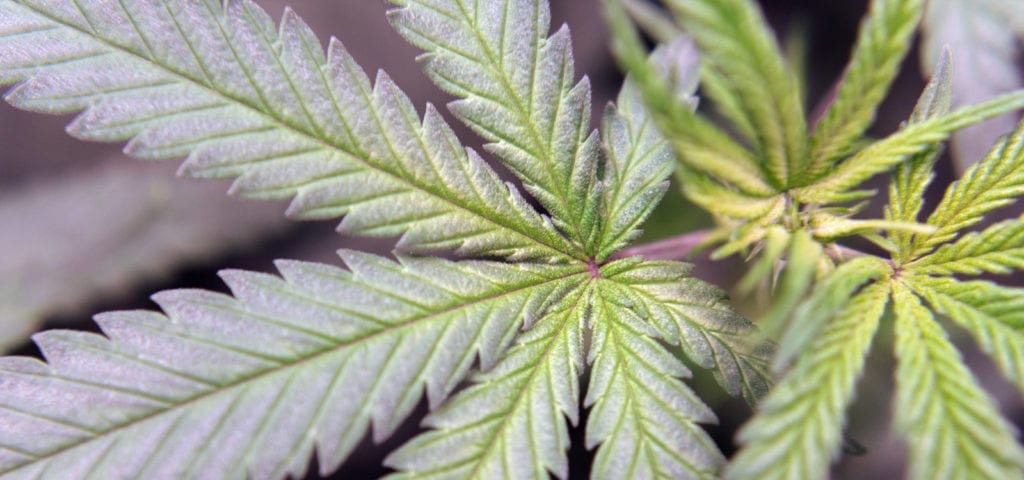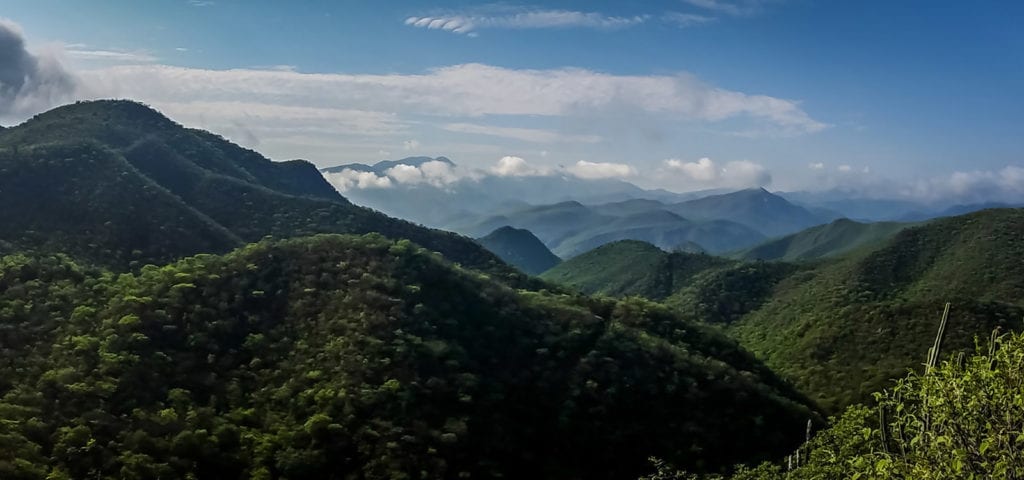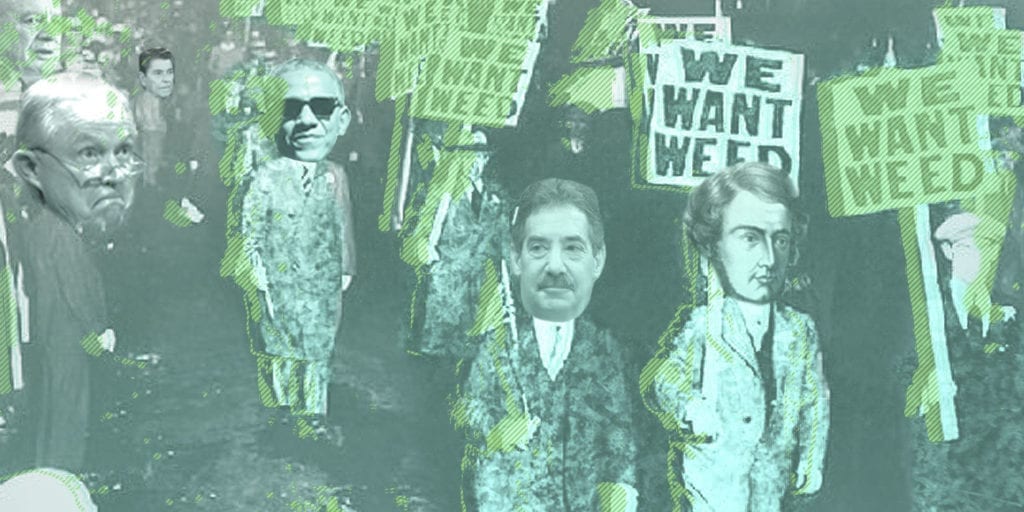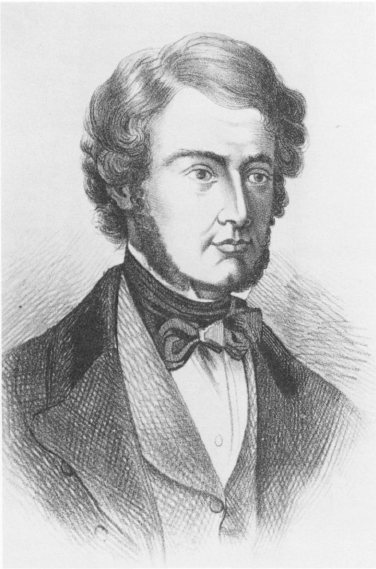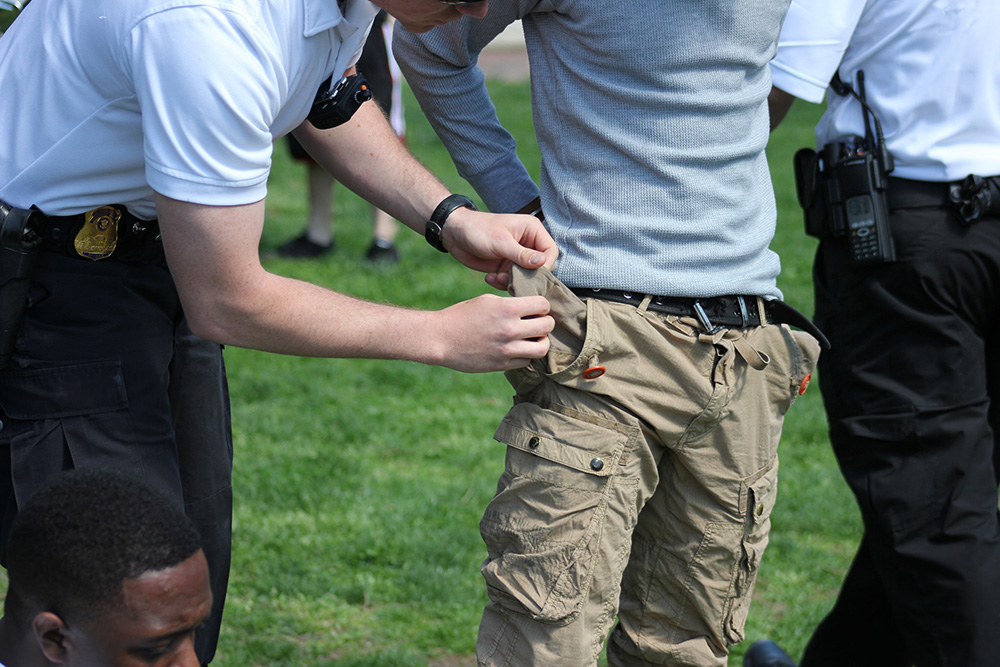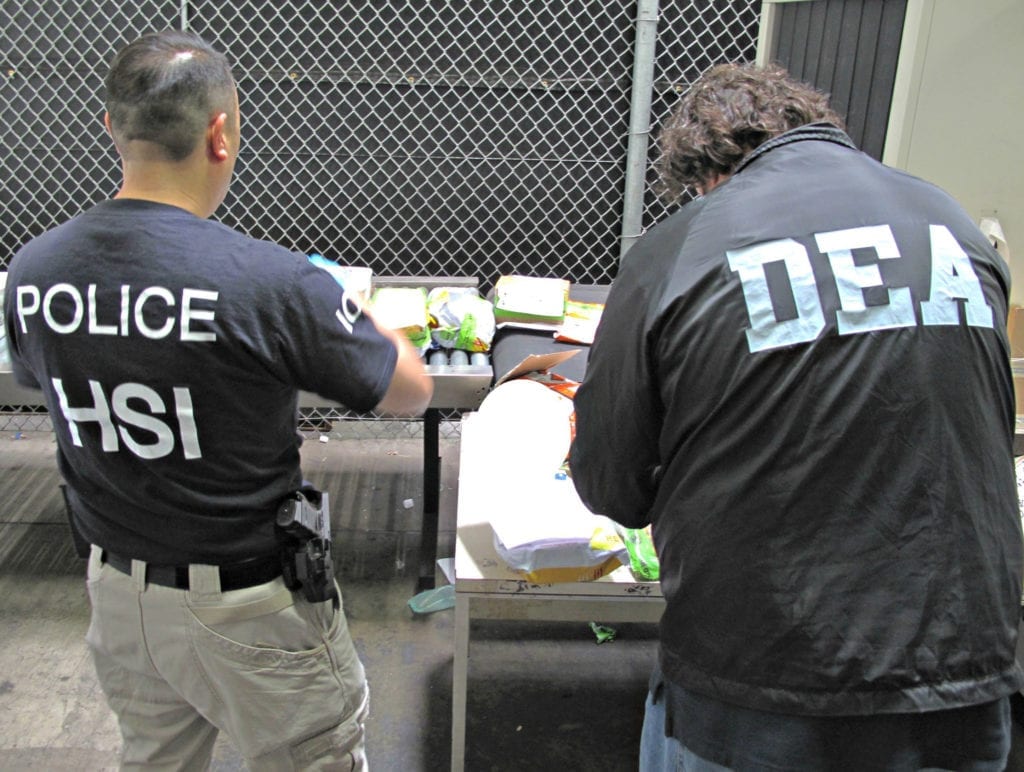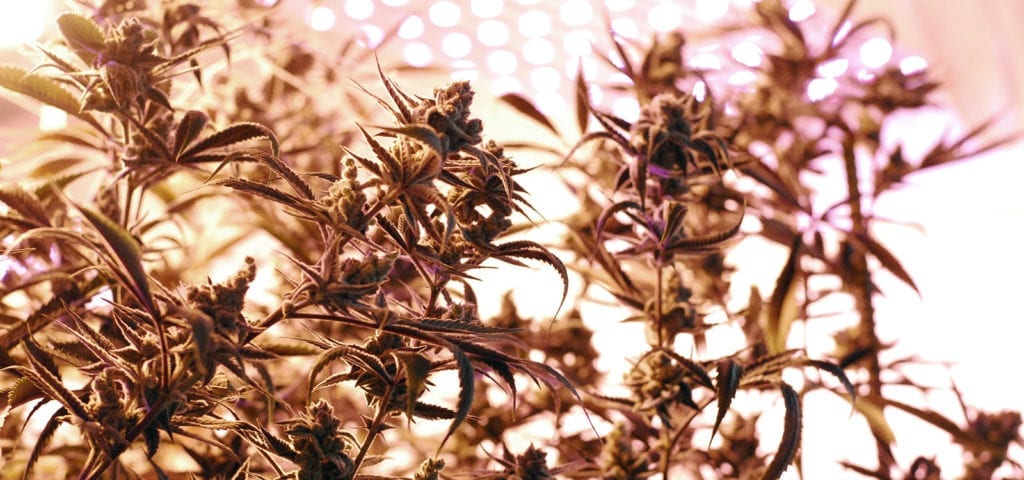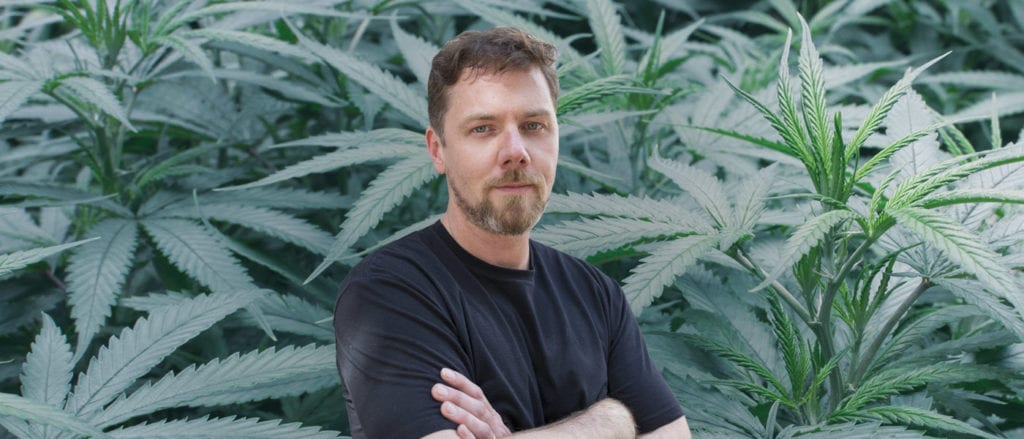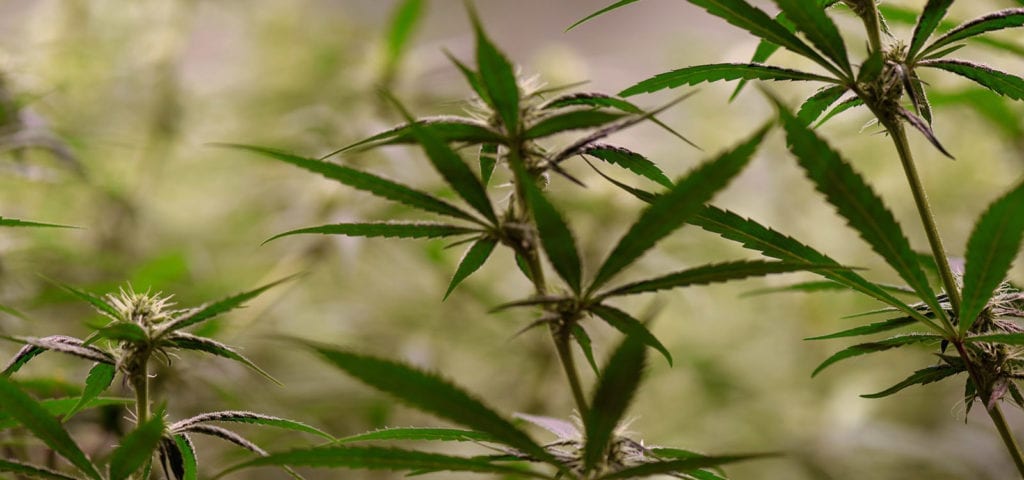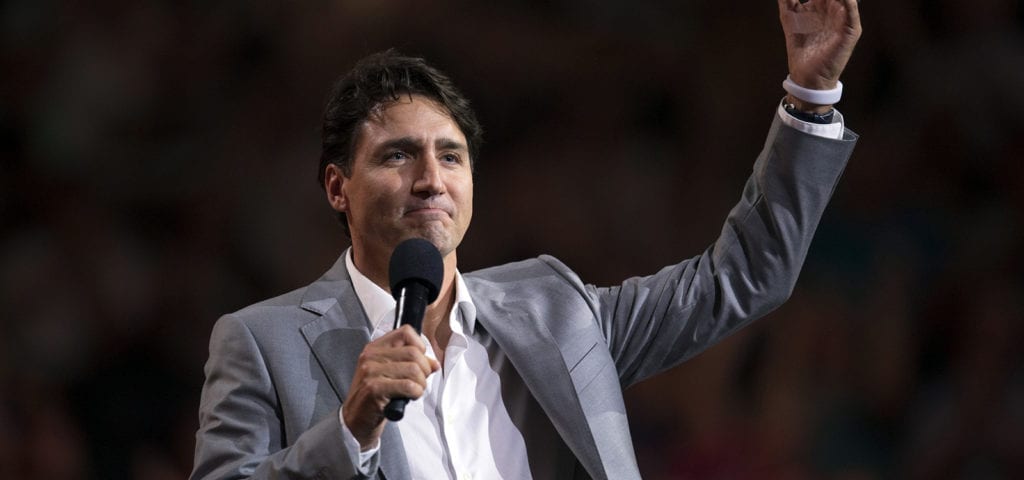Franco Brockelman is the CEO and co-founder of Releaf App, a digital cannabis journal that enables users to record and share their cannabis consumption experiences so they can better experiment, track, and understand their relationship with the plant.
In this episode of the Ganjapreneur.com podcast, Franco joins our host TG Branfalt to tell the personal origin story of Releaf (Franco’s own mother was the app’s original beta tester), discuss the lack of reliable patient data in the cannabis industry, and talk about some of the interesting and unexpected data points the company has gleaned so far.
You can listen to the interview via the player below, or scroll down to check out a full transcript of this week’s episode of the Ganjapreneur.com Podcast.
Listen to the podcast:
Read the interview:
TG Branfalt: Hey there. I’m your host, TG Branfalt, and you are listening to TheGanjapreneur.com podcast where we try to bring you actionable information in normalized cannabis through the stories of Ganjapreneurs, activists, and industry stakeholders. Today, I’m joined by Franco Brockelman. He’s the CEO and Co-Founder of Releaf App, which is a digital cannabis journal app that enables users to track their sessions with cannabis to record how it’s working, pretty innovative idea. How are you doing this afternoon, Franco?
Franco Brockelm: Yeah, doing great. Thanks for having me.
TG Branfalt: Hey, it’s totally cool, man. Before we get into learning about your app, I want to learn about you. What’s your background? How did you end up in the cannabis space?
Franco Brockelman: That’s a good question. I’ve been working with a group, called Automata Studios, for about seven plus years now. It’s a 12 plus year company. We’re basically a boutique software firm that works with a bunch of Fortune 500 companies doing all kinds of very dynamic experiential work. We’ve built online gaming platforms for NASA, built the face for IBM Watson when all they had was kind of a big refrigerator, which is pretty boring to look at and you want to look at something a little more interesting than that. We came up with a face that you could emotionally react to and relate to. We built a two story digital generative screen system for Victoria’s Secret and their flagship store in London, you know, a lot of really interesting work. I’m a process improvement guy, so I really like strategy and trying to make things better. It sounds a little bit cheesy, but I really, really enjoy that kind of thing. When I saw kind of a gap in the cannabis industry with patients and recording their experiences, our team kind of shifted to tackle that with all of the experience and know how that we had.
TG Branfalt: How did you recognize that gap? I mean, that’s not something that … I’ve been covering this industry for a long time, and it’s not something that I’ve ever thought about, this gap.
Franco Brockelman: Mm-hmm (affirmative), yeah. Well, what happened was back in 2014, I was visiting my parents up in Massachusetts about every three months or so, just to stay in good contact with them. My parents are awesome. My mom, she’s always had psoriasis. It’s an external skin condition usually around your joints. I didn’t know this, but apparently it can kind of turn internal and become or transform into psoriatic arthritis, which is very painful. It leads to immobility. It kind of had a domino effect with her in terms of just the pain and then kind of getting anxious, depressed, not being able to sleep.
Going back every three months or so, I started seeing her really deteriorate, which was very sad to see your mom kind of have a more bleak outlook on life. And so after a couple times and it not getting better, I had been reading a lot about cannabis back then and it seemed to be promising, so I said, “Hey, maybe you should try this,” ’cause she’s very open-minded and she’s tried a lot of things to help herself, wholistic medicine, acupuncture, traditional prescriptions, anything and everything. I said, “Maybe you would be open to this,” but she was straight edge growing up, never smoked, never drank, didn’t do drugs or anything like that.
When I told her, she basically said no way. I think her exact quote was, “I’m not breaking my streak,” which I could understand. I think that that’s fair. I’m a big fan of personal freedom and personal choice, so it makes sense to me, but it just kind of showed me kind of … Everybody knows about the stigma with cannabis, which is kind of created from the drug war, but she … I realized that it’s really unapproachable for some people. There’s so many choices. There’s not a lot of people with really solid answers. You see people using blow torches and things like that with dabs. It can be scary. That unapproachability was kind of the first clue to me that people could really use this and it could be really helpful for them, but it needs to be more approachable than it is.
Anyway, after nine months of waiting and when she had said no, she gave me a call. She said, “Okay, I’m ready.” I was like, “Well, ready for what? Ready for me to come visit again or something?” She was like, “No, no, the weed thing.” I was like, “Oh, oh, okay, right.” I totally forgot ’cause it had been so long, but I was excited that she changed her mind. I guess she decided that it was worth it to her to take a leap of faith. She said, “I’ll do this as long as you come up here and help me.” Of course, I’m there. I booked my flight and I went up there. I sat down. We looked over some things. I did some more research.
The only apps and tech that really existed at that time were Leafly, Weed Maps, Mass Roots. There wasn’t really that much. Leafly was kind of the only resource that existed, and so I was looking at that. I was like, “Okay, well you have pain and you have insomnia. Let’s just focus on those for now.” I was looking at the Leafly data and had these bar charts. They had no numbers, no source, so I was like, oh, that was a little unnerving, like I don’t know what this is, but okay. Is there a guy in a room somewhere trying all these things? How is this working? But it’s all I had. It’s all she had. It’s all that people had, obviously, at that time.
We went with it and it said Master Kush, classic strain. It’s like, all right, sure, so we went and got some, which was a whole ordeal. We had to meet somebody outside of a parking lot. It was a caregiver who gave us the stuff. They used to go to your house, but they got robbed too many times, so then they started meeting people in parking lots, which is just strange, but we got it. She was really glad that I was there ’cause it was scary for her. We went back home and we tried it, or she tried it. Her pain got worse and she stayed up all night, and that wasn’t very good. She almost didn’t want to do it again, but I assured her it doesn’t always go that way. She’s a pretty strong-willed person and she trusted me, so she agreed to keep trying it, but I saw how much that damaged her hope and then where was that data coming from? And why wasn’t it right? Leafly is huge, so why can’t they be accurate?
It just really got me curious about where is that data coming from? And if that data is not right, how can we make data that is accurate? When my mom sent me those experiences, how is she gonna write that down? How is she gonna keep track of these things if she tries 5 more things, 6 more things, 10 more things? How do you make sense of all that and get traction? Even if you were to write things down, what do you write down? For somebody who has never had kind of an experience that changes the way you think a little bit, it can be challenging. All of those things combined, like the lack of clear reliable data, the lack of inability to record how something is helping you or not, and also the lack of approachability, we came up with Releaf. It’s the first patient reported outcome tool to exist for cannabis in mobile form. We’re really proud of what we made, and it’s really helped her, and obviously it can help a lot more people in that same situation.
TG Branfalt: So explain to listeners what a digital cannabis journal is.
Franco Brockelman: Sure. What our goals with the app are to help you track the different cannabis varieties and products that you use, whether it be flower, concentrates, tinctures, topicals. We want to support as many forms as we can, and then we give you a way to record your experiences live. The live part, or real time, is very important. When we were doing some of our original research, we found that people were often asking people to report on their experiences or rate their experiences afterwards, sometimes like a week after, or in some research studies, even a year after. I mean, and that’s just … It’s hard to know what you ate last Monday, let alone how your cannabis experience went. It’s just too hard to remember, but not only that, but I’m a big fan of mindfulness.
I think it’s really important to be as mindful as you can and really engage with your life and your environment. By recording experiences in this real time way that we’ve built, we kind of have things in there that help elicit mindfulness in a way where you learn more about how the cannabis is actually making you feel. We subtly asked different kinds of questions. For example, we have patients that will reach out to us and say, “You know what? I never knew that cannabis could make me focused or creative until I used your app and you asked me those questions. Now I’m thinking about all these other feelings that it makes me feel.” I think that’s a beautiful thing, and that’s what we try to do with the journaling app.
TG Branfalt: So how long was the process to get this into the hands of users coming up with these questions amassing this data?
Franco Brockelman: It took a long time. We designed it far longer than we built it. I mean, that’s important, though. We wanted it to feel right. Some things have to feel good, and they have to make sense, and they have to be thoughtful. That’s our tagline. It’s a thoughtful approach to cannabis treatment, and so we spent a really long time coming up with different flows for how it could work. Our initial tests with her were called The Mom Test. I’d go back to the office and work with the team, and come up with different flows and designs. We have a great team, so that was really fun to do, just bust open the white board markers and just go to town. Then I’d fly back up to Massachusetts and sit down and say, “What about this? How about this?” We figured it out over time. From 2014, we were incorporated at the end of 2015, and we launched in 2016.
TG Branfalt: So the app, it’s geared towards patients. I was taking a look at some of the stuff you have on the Internet, the videos that you have, which are pretty interactive, pretty neat to … They keep your attention. I’m not a medical patient, never have been, but what do you think could recreational users glean from this app if they wanted to use it, as well?
Franco Brockelman: A few months ago, we added wellness into the app, which is basically our take on what recreational is. Recreational, to me, as a word just means for fun, frivolous, whatever, and so we wanted it to be a little more progressive than that. Wellness kind of … It means to have kind of some goals for your health and for yourself, and to try to work through some things. We put wellness in there for people to track that. But at the same time, we have common symptoms in there that everybody kind of experiences, headaches, nausea. When those things happen, we have recreational users or wellness users that use it in those cases. Maybe you don’t have a chronic issue, but you do have things that pop up. Cannabis is a natural medicine to try to remedy those things.
TG Branfalt: One of the limitations that I thought about while researching this was the fact that strains can vary from shop to shop. Northern lights, for example, might not be the same from place to place. I’ve talked to a lot of cultivators who say, “Our strain is slightly different than the one down the street due to a lot of factors, including how it’s grown.” How does the app, or does the app, account for these type of variances?
Franco Brockelman: That’s a very astute and good question. It’s another point back to when we … We learned a lot from looking at the way Leafly was handling their mental bottle of what cannabis is. Even today, they kind of end their messaging at that strain level. Even their icon, their logo, is all about that, but we know that cannabis is more complex than that today, the different lights you use, the water you’re gonna use, the quality of it, the nutrients, whether or not you’re playing jazz or heavy metal in the room. Those things are all gonna matter, right? A plant can express itself in many different ways, and that’s beautifully complex. I think that’s great. I think that’s one of the most special parts about cannabis because it’s almost green protection. You can’t really lock that IP in very well because it kind of shifts out from under you.
But at the same time, it makes it a little bit complicated to track. What we do is we track both layers, best of both worlds. We’ll track the name of what you’re trying and that strain name to look for patterns and trends at that level, but at the same time, we’ll also ask you the testing for that cannabis variety of strain that you’re using, like what are the cannabinoids in there? What are the terpenes? What’s the chemotype? What’s the species? You know, things that may matter as we continue to do research on cannabis. We track both of those layers to look for the patterns.
TG Branfalt: What information can you, or have you, gleaned from this data?
Franco Brockelman: First of all, we’ve learned that people really needed this tool. We get a lot of great fan mail every week from people that are just really thankful to have a way to get some traction over their treatment and help them learn what can work for them. The recreational side of the market is great, but it’s important to not forget that there’s a lot of people out there with medical challenges, and they’re looking for better solutions and for help, and honestly, there’s just not that many companies that were as patient-focused as we really set out to be. We learned how valuable this can be for people.
We were recently writing up some papers with some universities that are about to be published, showing the different symptom drop that cannabis can have across all the symptoms that we track and which symptoms it’s proving to be more effective for. We have another paper coming out about the relationship between THC and CBD. THC is proving to be actually a bit more important than we even thought in that relationship there. We’re a pretty big believer of whole plant and of entourage effect. There’s some real truth to that in the data that we’re seeing.
TG Branfalt: Can you tell me sort of … You’re the guy who gets to see all this data. What’s one of the most interesting things that you’ve seen come from this app?
Franco Brockelman: I would say that the most interesting thing to me is the people that I’ve met and the people that we’ve gotten the chance to work with. We have a really great team here of really good people that really care about patients. I think that for our partners who are working with us and that come and try to work with us, they could really see that. It pulls the most amazing people out of the woodwork, people that I just feel really lucky to get the chance to work with and meet, researchers, doctors. I was just at a cannabis learn conference this last week hosted by Greenhouse Ventures, who is our accelerator. It’s a great group, and just doctors coming up and giving us hugs, and just thanking us for the work we’re doing, and being excited about our new features coming out. I mean, it’s heartwarming. It’s really great to be able to work on a tech project like this that it’s not only tech, and it’s not only business and making things happen, and trying to grow, but it’s really, really helping the community at large, helping patients and hopefully changing the whole healthcare system.
TG Branfalt: Has anything that you’ve gotten surprised you? Have you seen some of the data and something stood out to you, and you’re like, I never thought of that or I never thought I’d see that?
Franco Brockelman: Some of the things that are beginning to be pretty fascinating is just seeing kind of people’s choices. If you have a couple experiences that are subpar, do you keep doing that same thing, or do you change to a different modee of ingestion, or a different strain? Seeing how people navigate their choices and their treatment … We’ve identified that there’s kind of five or six different classifications of patients today. There’s some that really just gravitate to concentrates and that’s all they really want to try. There’s some that gravitate to CBD only and they stick with that. There’s some that kind of want to try it all, and they want to track it all and see how it all affects them. To me, it’s really fascinating to see how people engage with this, as I said, beautifully complex and powerful plant.
TG Branfalt: From a medical perspective, are you seeing a lot of people shifting from smoking as a way of ingestion and going more towards edibles or vaping? I know that it’s … In a lot of medical programs, there is that no smoking sort of clause. Are people doing this even in places that allow smoking, or are they changing that mode of ingestion?
Franco Brockelman: Smoking is classic, I think. It has been and always will be a big part of our data. There’s a lot of people that still prefer to smoke. That being said, there’s a lot of people that vape. I mean, there are some definite benefits to that, too, especially people that feel like their throat gets irritated or they just want a cleaner ingestion method, but another interesting thing is the edible side. We’ve written a lot of blog posts about edibles and how helpful they can be. At first for people, edible seems scary because they hear a lot of scary stories about someone freaking out and hiding under their couch or whatever it is, but if you can get a hold on it and you can wade into that and start with two milligrams and work your way up and maybe sell around five, it can be a really effective way to medicate, especially if you have chronic pain or something that lasts a long time or throughout the day, just that lasting relief and that smoother come up, smoother come down, less foggy experience. We’ve seen a lot of people kind of turning back on to edibles and kind of trying them out, even amidst all the bad stories. I think that’s great. It’s wonderful to see people explore what this plant can do for them ’cause it can do a lot.
TG Branfalt: You’re obviously a very thoughtful guy. What are you, personally, most interested in learning about? Maybe just about cannabis in general, but stuff that you’re gonna be able to find out from your users.
Franco Brockelman: Some of the things that I’m interested in is … I’m interested in first just providing people with the tools that could help them explore this for themselves. I think it’s great that cannabis has such a safety profile that you can try some things out, right? That’s what the app helps you do. Try a little of Column A. Try a little of Column B. See what really resonates with you and what feels good to you. Then beyond that, just providing somebody a baseline tool, putting in expiration dates for when those terpenes are not as effective, or those cannabinoids aren’t as effective, or maybe putting some safety stuff in there so that if dispensary is using some sort of pesticide, like Eagle 20 or something you’re not supposed to use, maybe we can notice those symptoms in patients in a certain area of the country and throw a red flag to help people out. Through and through, this is a patient-focused project. I just want to help people explore how they can achieve the wellness and the lifestyle that they want to, even amidst the medical challenges that they have.
TG Branfalt: I want to switch gears a little bit. You’ve been involved in the tech space for a long time. How is launching a tech startup in the cannabis space unique?
Franco Brockelman: Well, when we started, there weren’t very many of them, so that was unique. The ones that existed, they didn’t have very good design, or they crashed, or they didn’t quite work. It was very exciting to … We’ve built so many apps, and websites, and things before, but it was exciting to take all those skills and just charge into it with the passion that we had. That was great. There’s a lot of excitement around the industry. One of my favorite things about this industry is that going to conferences before, like a Salesforce conference or whatever it is, nobody cares and they’re just waiting for Bon Jovi to play. But at cannabis conferences, people care. They care about this plant. They care about the world being a better place. They have a person story, or 2, or 3, or 10 of somebody getting a lot better, and they really care about that. You can tell. There’s a feeling of buzz and … Buzz, right? And positivity at the events, and I love that. People are there because they want to be there. Every time I go to an event, someone will come up with some idea. They’re starting a new business. They’re trying to do this. They want some tips or some help. That’s great. If that many people are passionate about getting up and doing something, that’s just awesome.
TG Branfalt: Did you have any problems or have you had any problems getting the app into Apple or Google stores due to the nature of the app? I know that this has been a problem with … You look at Facebook, for example. Cannabis companies can’t advertise. Apple has pulled some products out of their store. Is this something that you’ve faced?
Franco Brockelman: Actually, it’s been pretty good for us. I think because of the quality of design and software architecture behind the app, I think that those reviews have been really smooth. Our app turnaround right now and for Apple is something a little over 12 hours or something like that. It’s fast. Google is immediate because they barely review anything, but yeah. The only country that blocked us was Russia, I guess, which is fine. Not everyone has to like it, but yeah, we’re in every other store.
TG Branfalt: Wow. So you’re worldwide with this thing. Where are you seeing the most users?
Franco Brockelman: US and Canada, for sure, but we are internationally used. We’re seeing some use in Asia. There’s some use in Europe and South America. It’s spreading all over, but we definitely have a lot more users in USA and Canada right now.
TG Branfalt: How do you think technology will influence medical cannabis for patients? I mean, you’re obviously on the forefront of this.
Franco Brockelman: Mm-hmm (affirmative). I think that you need it for this. I think that maybe it’s a perfect marriage, technology and cannabis, to really help healthcare get to where it needs to be. Cannabis is complex, like I have said a few times. In order to collect the kind of data that you need to make research progress, I think you need an app like this. You can’t do double blind studies on every single cannabinoid and terpene in any reasonable amount of time. There’s people that need help today, now, yesterday. They can’t wait 30 years to maybe understand a little more about this stuff, but like I said, with the safety profile, we can start today. We can crowdsource this now. We can work together. Instead of having your anxiety patients trying things in a silo and your insomnia patients trying things in a silo, and muscle spasms, and what have you, you can collect this data in the app like we’ve built and use that anonymous data to help other people treating those same symptoms, and then looking at those trends to know where to point those more expensive research dollars in a more thoughtful and educated way. That’s what I’m most excited about, is to help pave a way to research progress that’s different than the traditional way, which I think is really needed based on cannabis’s complexity.
TG Branfalt: What about for providers? What sort of feedback are you getting from people supplying medical cannabis, dispensary owners, caregivers, that population?
Franco Brockelman: The ones that have kind of a patient-focused mission, they love it because this helps them pull their patients together. It helps them further support their patients in understanding what does or doesn’t work for them, but it also gives them something to look at when the patient comes back into the dispensary. We have a report right in front of the app, called The 30 Day Report, which basically shows what you’ve tried, and what’s been working, and what hasn’t been working over the last 30 days. That’s an important view in our mind because something that was part of your life six months ago or one year ago, it’s certainly you in some way, but you in the last 30 days, that’s really who you are and that’s really how you respond to the cannabis, so we show that report. When a patient goes into the dispensary and shows that to the patient consultant, or the bud tender, or the pharmacist, or whoever is on staff there, it gives them a real artifact to make the next decisions with, rather than, “Oh, how did it go?” “Oh, I don’t know, pretty good.” That’s what was happening before. This gives them some actionable reporting to make some good decisions with.
TG Branfalt: This is a really landmark app, I think. I do agree that it gives patients definitely information that they might have forgotten about. It helps sort of bridge that gap between something that’s sort of, oh, I felt this way or that way, versus sort of a concrete focus on what’s helping them and what might not be so much. What is your advice for entrepreneurs looking to enter the cannabis space, specifically those in tech?
Franco Brockelman: Mm-hmm (affirmative), sure. I’d say the first thing that I stress is keep the big important goals in mind. Think big and think about the kind of impact that you want to have on this industry. Remember that this industry is about a new kind of medicine, whether it’s just people being happier, or whether it’s about their Crohn’s getting better or something more complicated like that, at the end of the day, it’s about people leading healthier, happier lives. And so, I’d just stress for people to try to think about products and ways to conduct themselves in their businesses that really facilitate that kind of progress. This is a very special chance that we get to do something new, something that could be really impactful for centuries to come. This could be a really big deal, but a lot of it depends on how we handle things right now. As laws are changing and as we’re trying to set a good example and do the right things, just keep those things in mind. Keep the true end goals in your vision.
TG Branfalt: Well, Franco, I really appreciate you taking the time to come on the show. This has really been a unique discussion, I think, someone so focused on mindfulness and creating something that was really born from sort of the love for your mother. I mean, it sort of sounds cliche, but it’s a really great story. Where can people find out more about you, about the app?
Franco Brockelman: Mm-hmm (affirmative), sure. If you want to download the app, it’s free for patients, of course. Just search the Google store or the Apple store. It’s Releaf app. If you want to check us out online, it’s ReleafApp.com. Yep, that’s where you can find us.
TG Branfalt: Well, thanks again, Franco, for taking the time. I look forward to seeing how these studies go, what data you’ve gotten. It should be an exciting time.
Franco Brockelman: Yeah, thanks a lot. I really appreciate this talk.
TG Branfalt: You can find more episodes of the Ganjapreneur.com podcast in the podcast section at Ganjapreneur.com and in the Apple iTunes store. On the Ganjapreneur.com website, you will find the latest cannabis news and cannabis jobs updated daily, along with transcripts of this podcast. You can also download the Ganjapreneur.com app in iTunes and Google Play. This episode was engineered by Trim Media House. I’ve been your host, TG Branfalt.
At Ganjapreneur, we have heard from dozens of cannabis business owners who have encountered the issue of cannabias, which is one of mainstream business, whether a landlord, bank, or some other provider of vital business services refuses to do business with them simply because of their association with cannabis. We have even heard stories of businesses being unable to provide health and life insurance for their employees because the insurance providers were too afraid to work with them. We believe that this fear is totally unreasonable and that cannabis business owners deserve access to the same services and resources that other businesses are afforded, that they should be able to hire consultation to help them follow the letter of the law in their business endeavors, and that they should be able to provide employee benefits without needing to compromise on the quality of coverage they can offer.
This is why we created the Ganjapreneur.com business service directory, a resource for cannabis professionals to find and connect with service providers who are cannabis-friendly and who are actively seeking cannabis industry clients. If you are considering hiring a business consultant, lawyer, accountant, web designer, or any other ancillary service for your business, go to Ganjapreneur.com/businesses to browse hundreds of agencies, firms, and organizations who support cannabis legalization and who want to help you grow your business. With so many options to choose from in each service category, you will be able to browse company profiles and do research on multiple companies in advance so you can find the provider who is the best fit for your particular need.
Our business service director is intended to be a useful and well-maintained resource, which is why we individually vet each listing that is submitted. If you are a business service provider who wants to work with cannabis clients, you may be a good fit for our service directory. Go to Ganjapreneur.com/businesses to create your profile and start connecting with cannabis entrepreneurs today.


